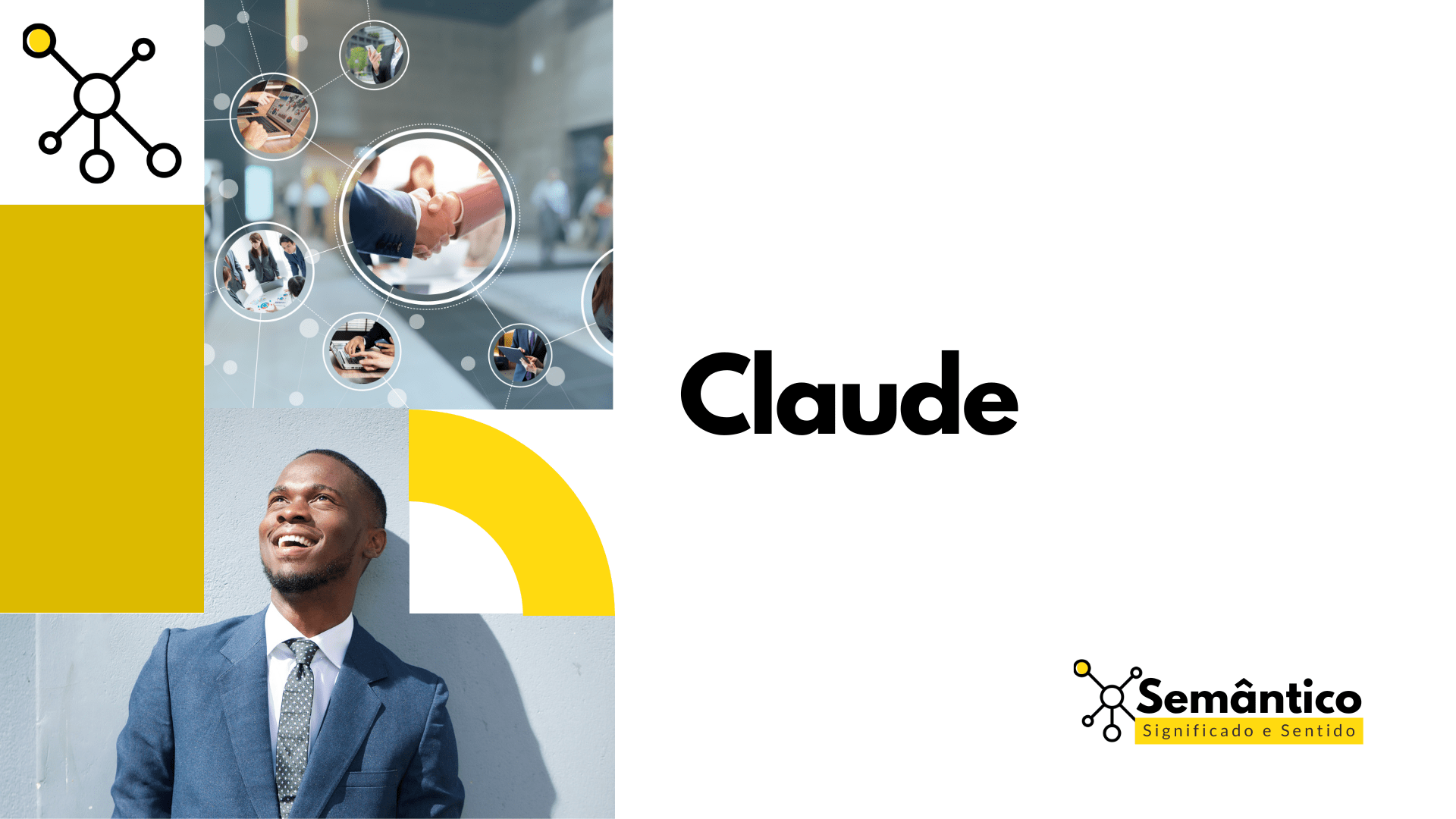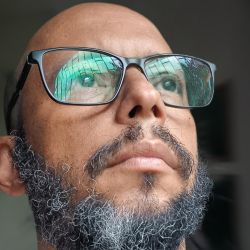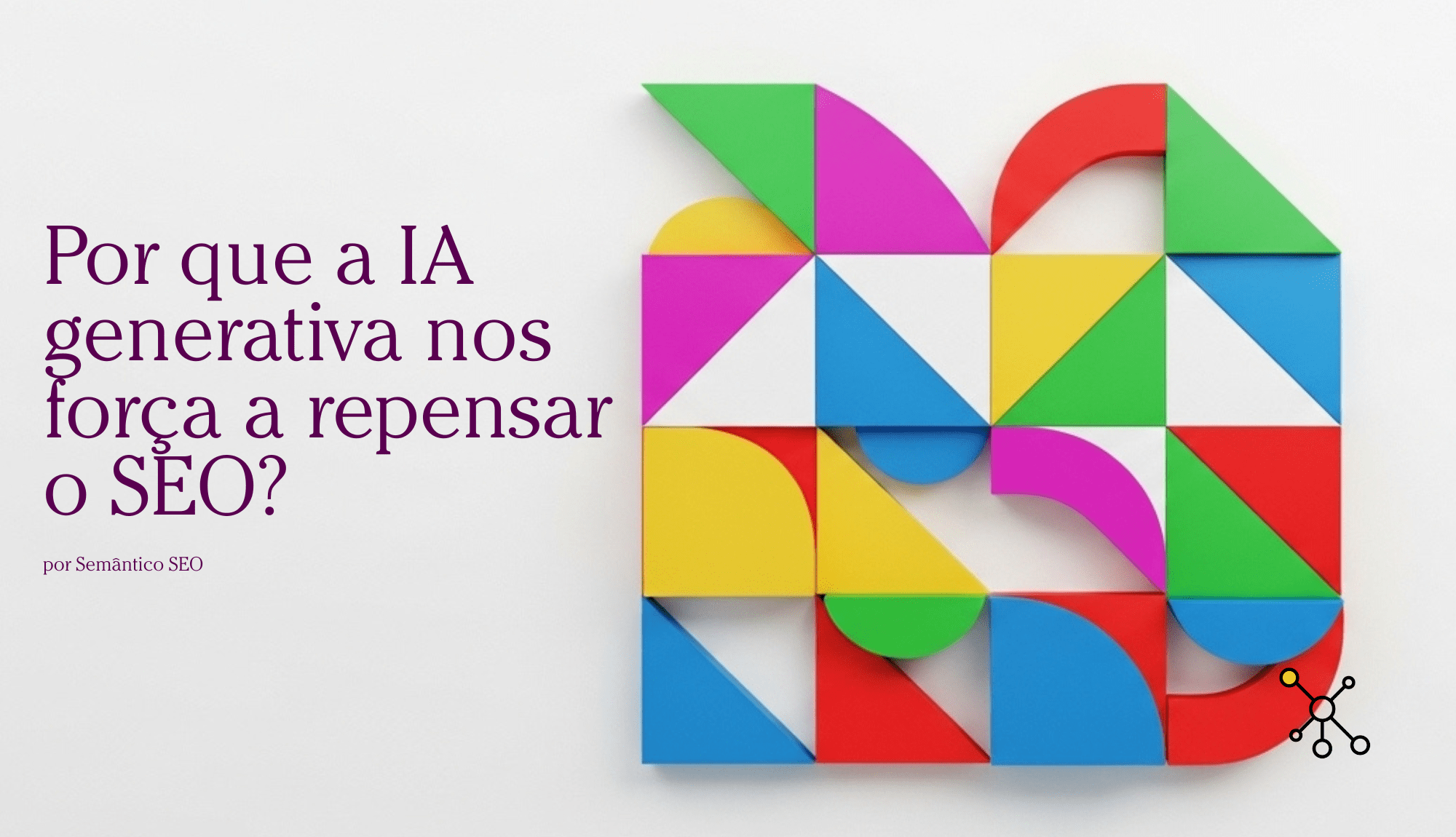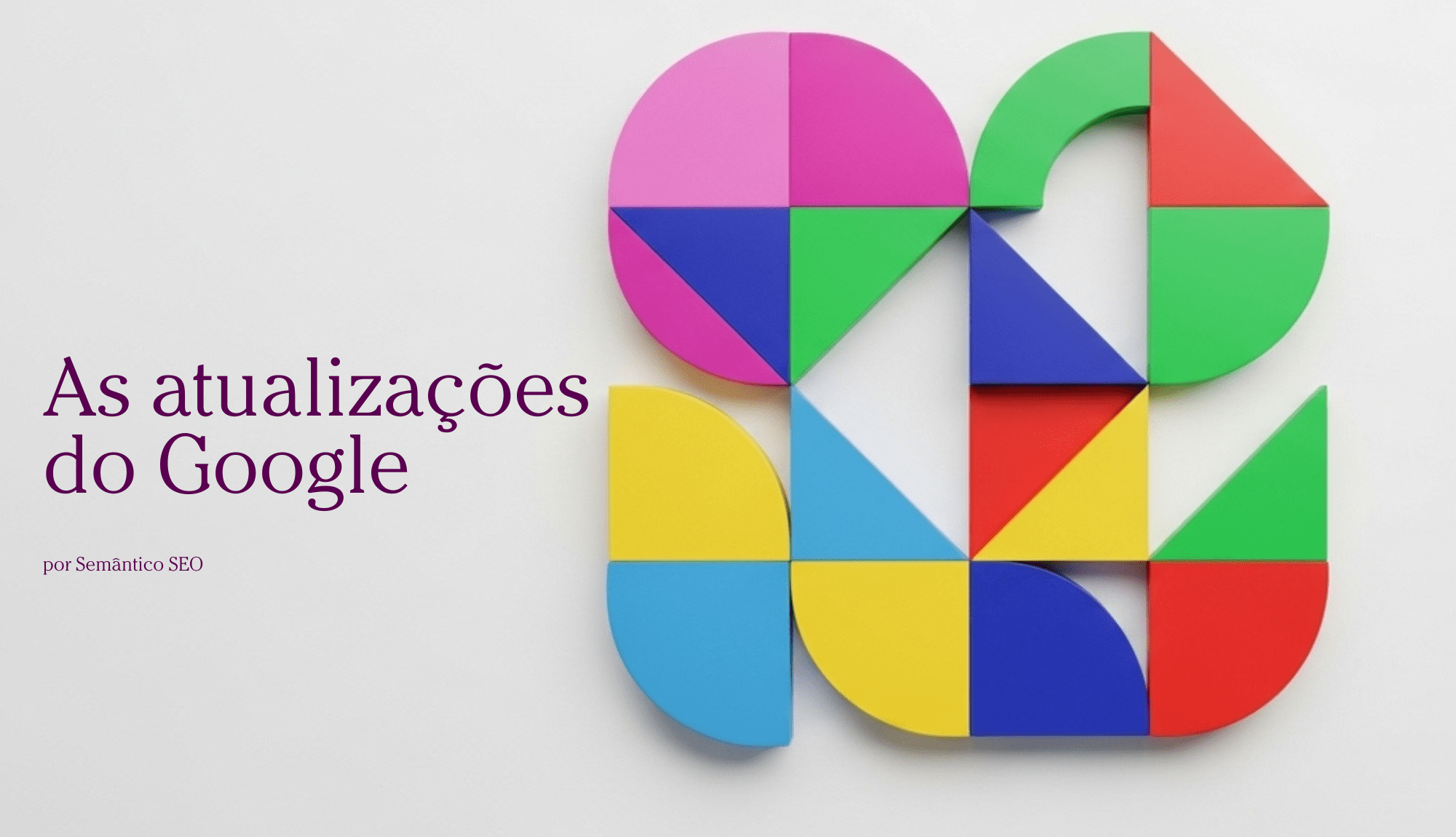Claude
O Claude é uma família de modelos de linguagem de grande porte (LLMs) desenvolvida pela Anthropic, uma empresa de pesquisa e segurança em inteligência artificial. Lançado como um concorrente direto de outros modelos proeminentes no mercado, o Claude foi projetado com um foco fundamental em ser uma IA mais segura, útil e honesta. A Anthropic, fundada por ex-membros da OpenAI, busca criar sistemas de IA que sejam mais alinhados aos interesses humanos e menos propensos a gerar resultados prejudiciais, tendenciosos ou perigosos, estabelecendo a segurança como um pilar central de sua arquitetura.
A característica que mais distingue o Claude é sua metodologia de treinamento, conhecida como IA Constitucional (Constitutional AI). Nesse processo, em vez de depender exclusivamente da retroalimentação humana para refinar o comportamento do modelo, a IA é orientada por um conjunto de princípios e regras explícitas — uma “constituição” — derivados de fontes como a Declaração Universal dos Direitos Humanos e os termos de serviço de outras plataformas. O modelo é treinado para avaliar e ajustar suas próprias respostas com base nesses princípios, promovendo a imparcialidade e a segurança de forma autônoma e escalável.
Os modelos da família Claude são conhecidos por sua alta performance em uma variedade de tarefas de processamento de linguagem natural, incluindo redação criativa e técnica, resumo de textos longos, resposta a perguntas e programação. Uma de suas vantagens técnicas mais notáveis é a sua ampla janela de contexto, que permite processar e analisar documentos extremamente extensos — de centenas de milhares de palavras — em uma única solicitação. Essa capacidade o torna particularmente eficaz para tarefas que exigem uma compreensão profunda de grandes volumes de informação, como a análise de contratos, relatórios financeiros ou trabalhos de pesquisa acadêmica.
Em resumo, Claude representa uma abordagem alternativa no desenvolvimento de inteligência artificial generativa, priorizando a segurança e a ética desde a sua concepção. Como um assistente de IA conversacional, ele se posiciona no mercado como uma ferramenta poderosa para empresas e indivíduos, oferecendo capacidades de ponta em geração e análise de texto, ao mesmo tempo em que incorpora um framework robusto para garantir que suas interações permaneçam construtivas e alinhadas a princípios éticos.
Fontes:
- Anthropic. Claude. Disponível em: https://www.anthropic.com/product. Acesso em: 26 set. 2025.
- Anthropic. Constitutional AI: Harmlessness from AI Feedback. Disponível em: https://www.anthropic.com/research/constitutional-ai-harmlessness-from-ai-feedback. Acesso em: 26 set. 2025.




Publicar comentário